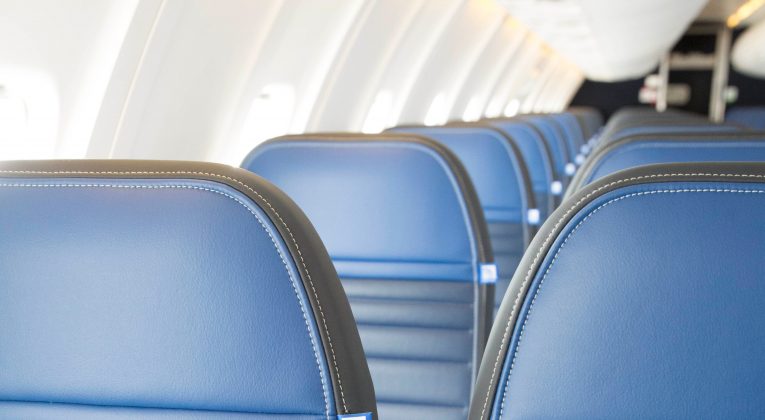Transparent pricing is one of the keystones of the free market, which is supposed to benefit both consumers and business. And yet, in the travel world, it’s not equally embraced by both buyers and sellers.
Obviously, consumers are pro-transparency. Without it, travel buyers don’t know the full price, the real price, of an airline ticket until they’ve worked their way through the entire booking process, when all the ancillary fees (for bags, seat selection, and so on) are finally folded into the advertised price.
Without transparency, the advertised price amounts to bait-and-switch.
Against transparency — at least government-mandated transparency, which is the only reliable form of transparency — are the airlines, both individually and via the trade organization that represents their interests, Airlines for America. They argue that forcing full disclosure is unnecessarily intrusive and expensive. It’s their version of the same argument that Big Business predictably raises against consumer protections: There’s no need for the government to impose rules; the invisible hand of the marketplace will ensure that consumers’ best interests are accommodated.
Mediating between the two is the federal government, which is charged with overseeing the best interests of both travelers and travel suppliers. Which brings us to the Department of Transportation’s supplemental notice of proposed rulemaking to the Transparency of Airline Ancillary Service Fees rule.
Related:
The proposal would have required full disclosure of all ancillary fees, early in the booking process, by both airlines and travel distributors like Expedia and Travelocity. The proposed rule had been subject to comments from the public and the travel industry, with the overwhelming opinion favoring pricing transparency.
And it was clear that, based on the evidence and feedback, the DOT was leaning toward imposing rules that would require transparency:
For the average consumer looking for the total cost of travel, he or she must frequently review a complex chart to determine his or her baggage fees particularly for interline itineraries and guess what an assigned seat fee might cost. We disagree with airlines and airline associations that these facts do not reflect consumer harm as we believe the additional time spent searching to find the total cost of travel and the additional funds spent on air transportation that might have been avoided if the consumer had been able to determine the true cost of travel up front are the harms suffered by consumers when basic ancillary service fees are not adequately disclosed.
Nevertheless, last week, the new DOT secretary, Elaine Chao, prematurely suspended further public comment, to “allow the President’s appointees the opportunity to review and consider this action.” That’s none-too-subtle code for “No further action.”
Naturally, Airlines for America, speaking for the industry at large, was thrilled with the move:
We applaud Secretary Chao’s leadership today and look forward to an era of smarter regulation that protects consumers from unfair practices, but does not step in when action is not warranted. Today’s action is a common sense measure reinforcing that the airline industry is capable of making the decisions that best serve our customers, our employees and the communities we serve.
Travel consumers, on the other hand, should be disheartened that their voices were overruled by the interests of a few corporations and their well compensated lobbyists. That will be business, Big Business, as usual, at least for the next four years.
Reader Reality Check
How do you expect travelers to fare under the Trump administration?
After 20 years working in the travel industry, and almost that long writing about it, Tim Winship knows a thing or two about travel. Follow him on Twitter @twinship.
This article first appeared on SmarterTravel.com, where Tim is Editor-at-Large.


